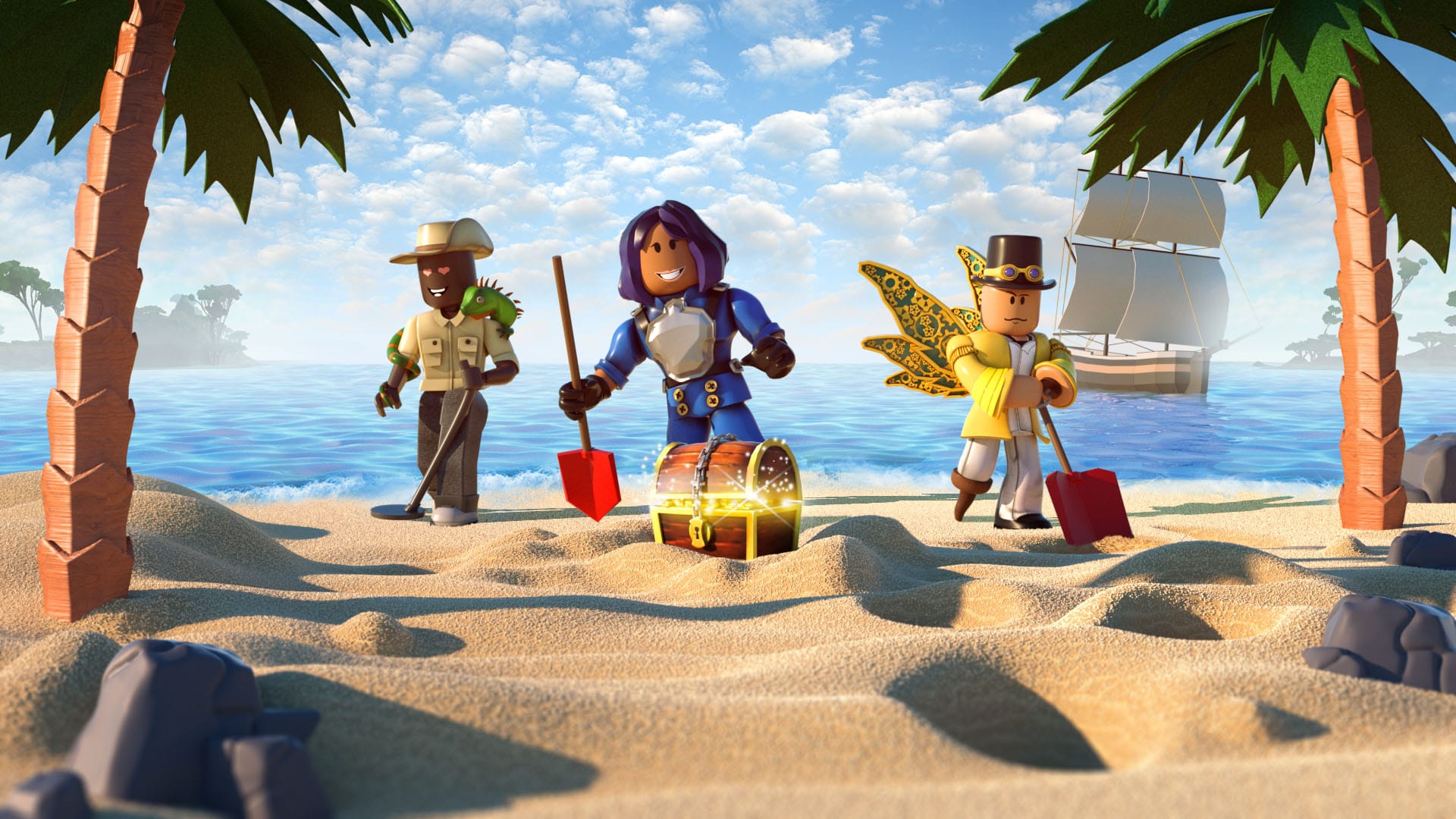Understanding the Roblox abuse incident

TRIGGER WARNING: This article contains brief references to a sexual abuse case, in exploring safety in online game Roblox after a recently reported incident. If that may make difficult reading for you, but you're keen to learn more about the game, do go straight to our Parents' Guide to Roblox.
---
Over the last week a story emerged on major news sites detailing the enactment of a sexual assault in the game Roblox; a title described by its makers as 'family-friendly'. It was carried out by human-controlled player characters on another non-consenting human-controlled player character.
As reported by the BBC and many others, the victim was a seven-year-old girl in America, whose mother Amber Petersen saw the incident as it happened on screen, describing it as a "gang rape" in a later Facebook post warning other parents about Roblox.After Petersen captured screenshots of what happened – some reportedly containing representations of male genitalia – and shared more details on social media, the company behind Roblox banned the player responsible for the in-game attack. There is some discrepancy in reporting, in that there were apparently up to three players involved as perpetrators, but references to those banned are in the singular person; AskAboutGames is endeavouring to confirm the number of banned players. The Roblox Corporation was quoted on the BBC as saying it had "zero tolerance for this behaviour". Universally, everyone agrees this kind of behaviour is unacceptable and profoundly upsetting.
The case brings up two important points. Firstly, attacks, theft, abuse and other crimes in virtual worlds may lack a physical element, but they can still be profoundly disturbing, damaging or leave a lasting impact for victims and their families. Secondly, games that allow users to create and share their own content can as such include content not covered by the age rating given to the base game.
On the first point, consider the crime of theft. In a hypothetical virtual world-based game, imagine a player has spent real money and time investing in building a unique spaceship of their own design. If another player were to hack the account of the spaceship builder – either in the game or on a website where players trade virtual items – they could claim the spaceship as their own, and block out the original owner. The perpetrator will have taken something with real value and without permission, committing a theft. While the impact of different crimes is as distinct in each case as the incidents themselves, just as a theft in an online game can have a powerful, lasting impact on the victim, so can virtual sexual abuse. Essentially, a crime with a victim has an impact, and should be taken seriously even if it is 'only' virtual in nature.
On the latter point, it is worth describing Roblox a little. The game lets players create their own avatars, worlds and games, allowing them to interact with other users in myriad different ways, sharing what they have made. Put another way, it is a a very simple game creation tool. The base game is rated at a PEGI 7 in the UK, meaning it is deemed suitable for players aged seven years old and above. However, the base game is only what is provided to players by the Roblox Corporation; things like the tool itself, and sample games made by the company. According to the The VSC Rating Board that gives games their PEGI age rating in the UK, “user generated content has not and cannot be rated by PEGI". That's because new content is uploaded constantly in Roblox, by a reported 64 million regular players. Apparently 15 million games have been made in Roblox so far.
Titles like Roblox certainly offer many benefits. They can let players be creative, offer escapism and teach the likes of design and computer skills. So what can a parent do to make sure their child is protected in such online worlds, while still enjoying those benefits?
We have a bounty of detailed advice in our Parent's Guide to the game, including insights on parental controls in Roblox.
The general advice, however, is much the same as in any case when a child is playing games in the family. Parents and guardians should do their research before buying a game, using resources like askaboutgames.com and The VSC Rating Board's 'Additional Consumer Information' guides to games and their ratings. If a child in the family has found a way to play a game already, you can still do your research to find out how suitable the game might be. Engaging with your children and showing interest in the games they play can also help you build an honest, open, respectful and impactful dialogue with your younger family members about games and the ways they play them. While the onus on making safe game worlds is on the game studios that create such titles, parents can help keep online worlds safer by reporting problems they do find in games; that can lead directly to the banning of a player doing seriously unpleasant things in an online space enjoyed by many users. Finally, of course, it is always worth respecting PEGI age ratings.
It would be a shame to let the horrific actions of a tiny minority ruin the enjoyment of the many players who gain a great deal from their gaming. With information, research, open communication and proactivity, we can collectively make sure gaming worlds are safe for their users, and perpetrators of virtual unpleasantness – and more – are held accountable.
You can read Roblox Corporation's official guide for parents – including means to contact the team with concerns – at this link.





